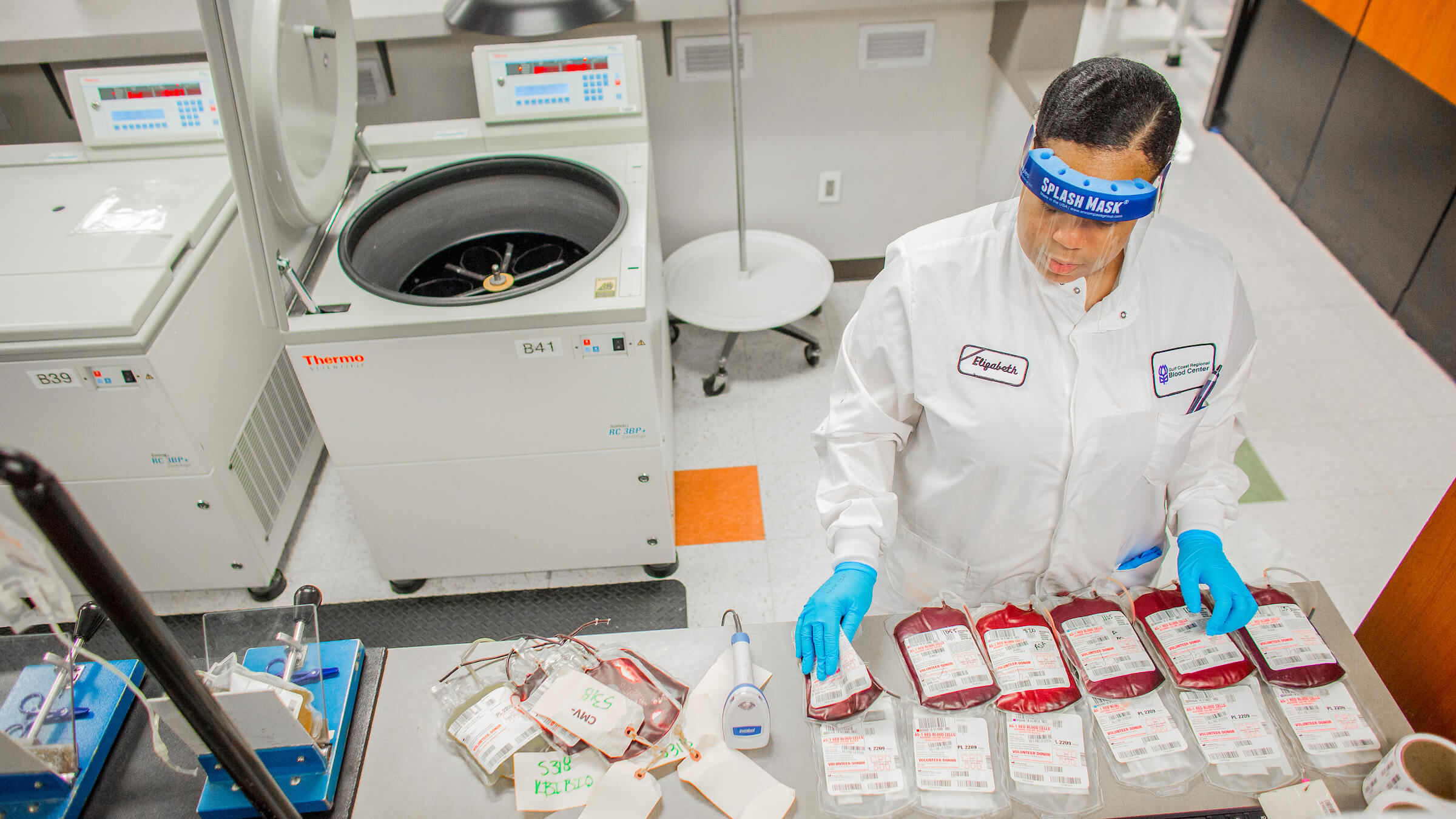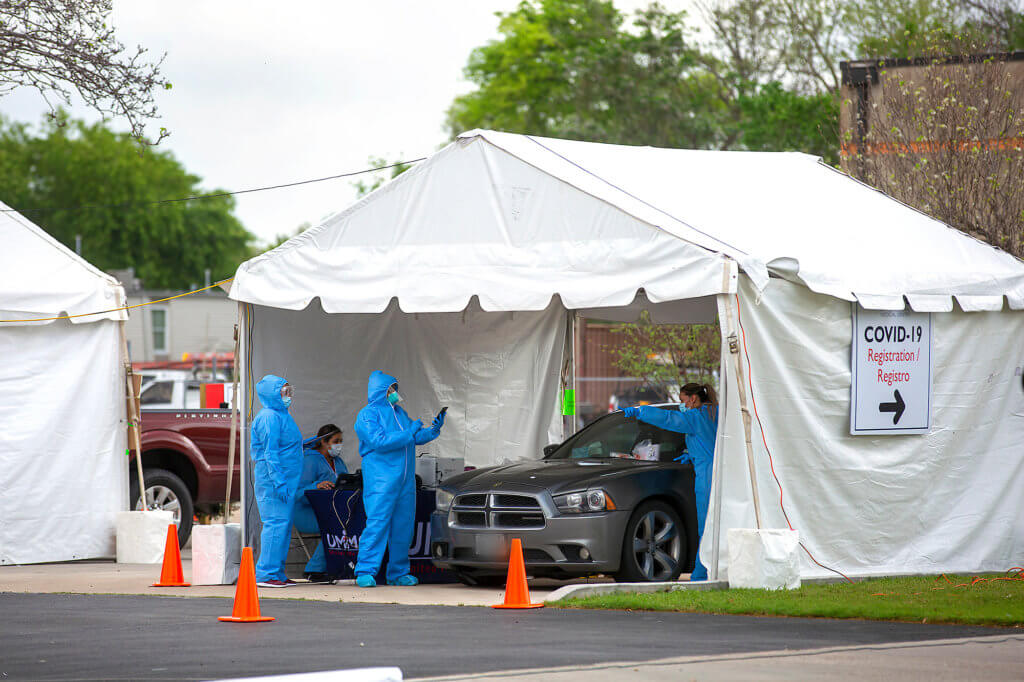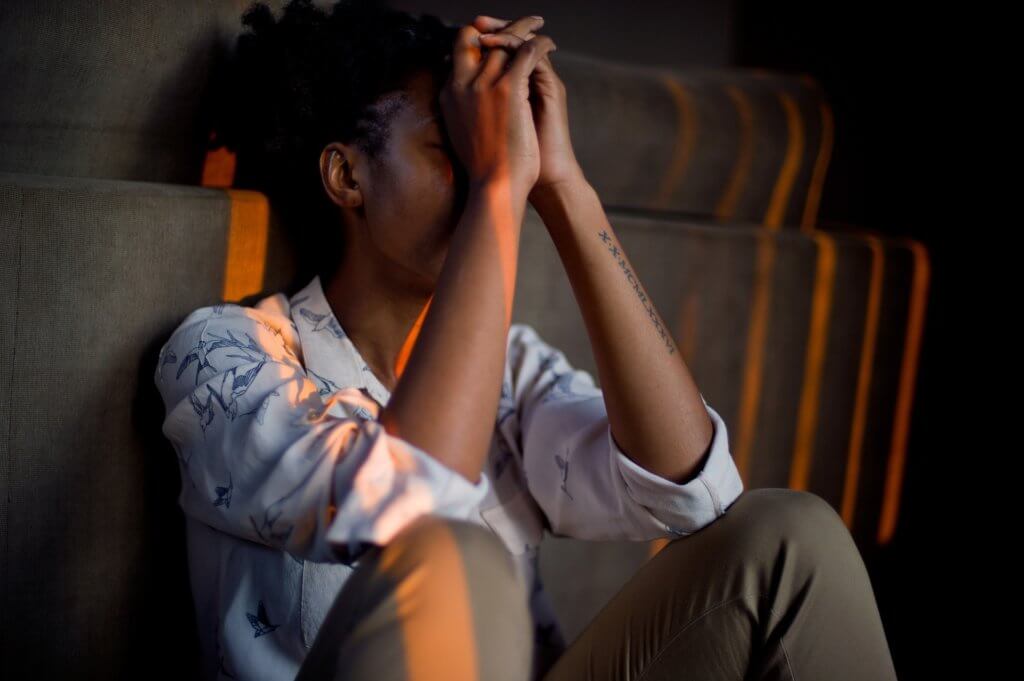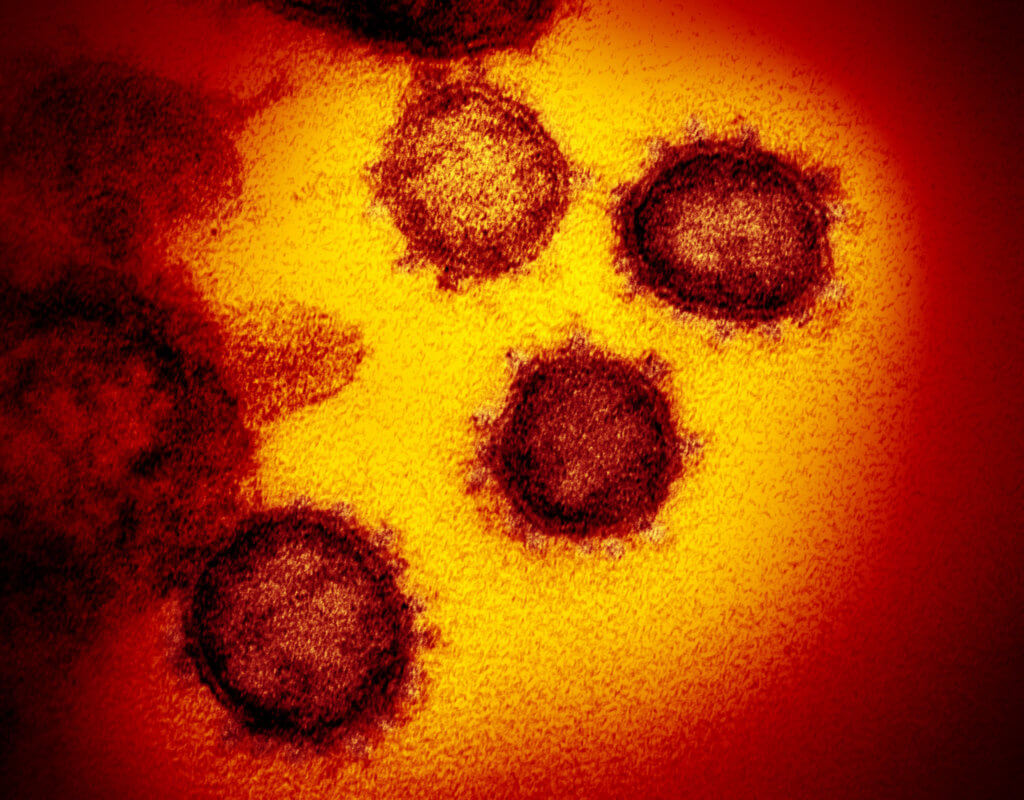COVID-19 cuts Houston-area blood drives and donations

Blood donation drives that were canceled after COVID-19 shut down schools, worship centers and many workplaces have led to a shortage of lifesaving products and pleas for donors.
“Many of these institutions are closed at this time, so we cannot have our usual blood donation drives,” said Susan Rossmann, M.D., Ph.D., chief medical officer at Gulf Coast Regional Blood Center. “The risk for us right now is having enough blood to support all the patients who are always needing blood.”
::::::::::::::::::::::::::::::::::::::::::::::::::::::::::::::::::::::::::::::::::::::::::::::::::::::::::::::::::::::::::::::::::::::::::::::::::::::
Looking for the latest on the CORONAVIRUS? Read our daily updates HERE.
::::::::::::::::::::::::::::::::::::::::::::::::::::::::::::::::::::::::::::::::::::::::::::::::::::::::::::::::::::::::::::::::::::::::::::::::::::::
Despite rumors, blood centers are not screening for COVID-19, which is a respiratory illness.
“We are not testing blood for COVID-19. … Coronavirus is not transmitted by blood as far are we are aware,” said Rossmann, a pathologist with a specialty in blood banking and transfusion medicine. “In general, the respiratory viruses are not transmitted by blood. For example, we have many cases of influenza every year and it is not transmitted by [blood] transfusion.”
To maintain social distancing, donors are strongly urged to book appointments at the center’s 17 Houston-area neighborhood donor sites as well as locations in the Brazos Valley and East Texas.
In Houston, donors also can give blood by appointment at the MD Anderson Cancer Center Blood Bank.
“We are accepting blood donations at our Blood Donor Center on Holly Hall Street by appointment only,” Kelley Murfin, a senior communications specialist at The University of Texas MD Anderson Cancer Center, said in an email. “Those interested in donating may visit the MD Anderson Blood Bank’s website and sign up for a time.”
Some Gulf Coast Regional Blood Center mobile drives remain on schedule this week.
Nationwide and local blood shortages
The U.S. blood shortage and the need for donations have been noted by the American Red Cross, which provides about 40 percent of the nation’s blood supply; by the U.S. Food and Drug Administration (FDA), which regulates blood and blood products; and by U.S. Surgeon General Jerome Adams, M.D., MPH, who serves on the White House Coronavirus Task Force.
The Gulf Coast Regional Blood Center, a Texas Medical Center member institution since 1988, operates in 26 counties and provides blood and blood products to 170 hospitals.
The blood center needs 800 to 1,000 daily donations to meet the needs of those hospitals. Most of the blood collected during the academic year comes from high schools, which are closed, said Gulf Coast Regional Blood Center media coordinator Kellye Moran.
In a typical week, the center conducts 130 blood drives, which translates to more than 24,700 units a month. A unit, which is one pint of blood, can produce plasma, platelets and whole blood that can save up to three lives.
The nonprofit, independent organization has canceled more than 200 drives over the past two weeks—a loss of more than 7,400 units, Moran said.
Individuals at home in apartment communities and multi-family residential buildings are encouraged to host blood drives, Moran added.
More protection for donors
Blood donors must be healthy and well. Donation sites intend to keep them that way by expanding the space between donors.
“We have increased our sanitation of the environment,” Moran said. “We have single-use squishy balls for donations and we are not reusing blankets to ensure we keep a safe, clean and optimal donation environment.”
Even before the coronavirus pandemic, each donor received an eye check for redness and watery appearance— potential signals of infection—as well as a temperature check and blood pressure reading. They were asked to use hand sanitizer.
The Houston area experienced a shortage of blood products during Hurricane Harvey and the current pandemic could create a sustained shortage, as well.
“We will have this need for some time because it’s clearly been very disruptive and we don’t know when we will be back to normal,” Rossmann said. “For the long haul, think about giving blood. It’s a worthwhile thing to do.”





